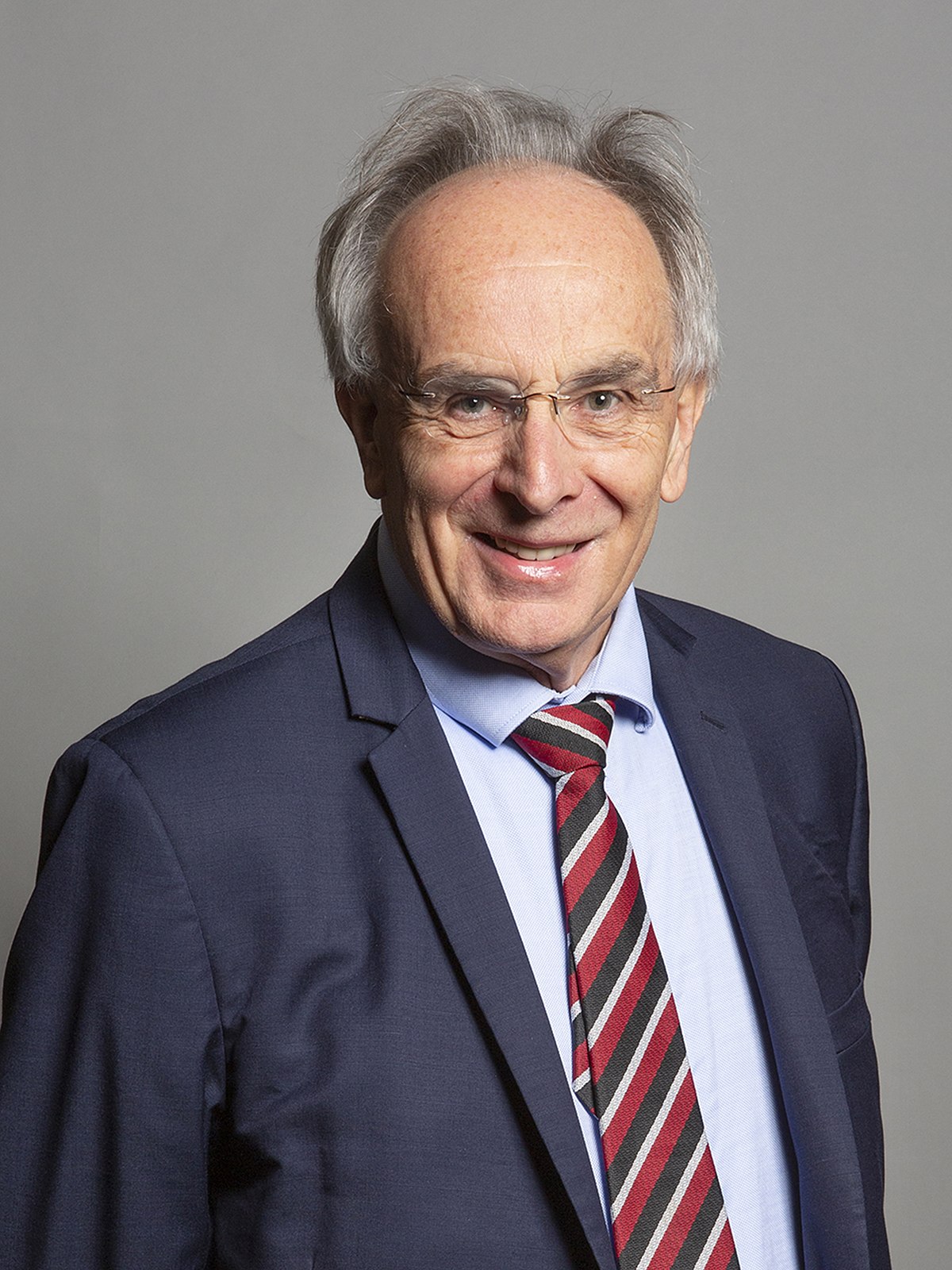Afghanistan: UK special forces 'killed 9 people in their beds'
UK special forces killed nine people "in their beds" during an Afghanistan night raid, an independent inquiry has heard.
Family members say the victims were unarmed civilians. The SAS had claimed they acted in self-defence.
Senior officers suspected troops of carrying out a policy of executing "fighting age" men even if they posed no threat.
The government announced the inquiry after BBC Panorama revealed
an SAS squadron killed 54 people in suspicious circumstances on one six-month tour.
As substantive hearings got under way at the Royal Courts of Justice in London on Monday, UK special forces were accused of "abusing" night raids in order to commit "numerous" extra-judicial killings - which were allegedly later covered up.
Hundreds of deliberate detention operations were carried out by special forces between 2010 and 2013.
Lead counsel to the inquiry, Oliver Glasgow KC, set out the details of seven separate kill/capture missions involving the deaths of 33 people, including a number of children.
The alleged unlawful killings of the nine people in the Nad Ali district of Helmand is understood to have occurred as a number of families gathered before a wake on 7 February 2011.
They were sleeping in a single-roomed outbuilding.
The SAS said they had fired in self-defence having been fired upon. Mr Glasgow pointed out the low height of what appear to be bullet holes in the walls of the outbuilding, first revealed by the BBC last year.
Habibullah Alizai, who owns the home that was raided on 7 February, said he was awoken by the "noise of shouting and gunshots" before soldiers took him from his room to be "interrogated and beaten".
Mr Alizai was the first to discover the bodies of his two sons, and the seven others who had been killed.
Mr Glasgow told the hearing: "The family insist that all the deceased were innocent civilians, that no-one in the compound was armed and that there were no weapons present.
"We anticipate the evidence from the families will be that they were shot in bed, most likely while asleep."
The family said the youngest was 14 years old.
The special forces squadron said in post-operational paperwork that operatives were "engaged by armed men" so returned fire, resulting in the nine deaths.
It added that three AK-47 assault rifles were found in the outbuilding. The SAS has been accused of planting weapons in order to justify illegal killings.
An internal special forces Serious Incident Review, which had access to photographs taken by the SAS at the scene and statements from the British troops involved, concluded that "the actions taken were wholly appropriate" and recommended "no further investigative action".
The inquiry is set to hear submissions on behalf of the families of 33 people, including eight under-18s, who were killed by special forces.
Members of the families called on the inquiry to "provide us with the truth".
Allegations of cover-ups of illegal activity and inadequate investigations by the Royal Military Police (RMP) will also be examined.
'My family want the truth'
One member of the Saifullah family, whose father, two brothers and cousin were killed by the same SAS squadron during a night raid on 16 February 2011, said they are "having nightmares and dreams filled with difficulties" since the raid by British forces.
"My family and I request the inquiry team to provide us with the truth and explain to us why and on what basis we had to go through this cruelty," they said.
Mansour Aziz has called on the inquiry to listen to two children who were severely injured by British forces during a night raid on their family home in August 2012. The existence of the highly classified operation was
first revealed by the BBC last year.
He said: "Our house was raided by foreigners and my brother and sister-in-law were killed and their two children severely injured whilst they were sleeping in their bed.
"We want to know the truth and why it was our house that was raided. We are asking for the court to listen to these children and bring justice."
Imran was three years old and his brother Bilal one and a half when they were shot and seriously wounded by UK special forces.
Mr Glasgow also told the hearing of claims that Afghan partner units "refused to serve with UK special forces due to their behaviour".
In his opening submissions, he said: "Let there be no misunderstanding for those who have something to hide - the inquiry will use all its powers to make sure that if there is credible information of wrongdoing... no matter how senior their position, they are referred to the relevant authorities."
Two RMP investigations, codenamed Operation Cestro and Operation Northmoor, are also expected to be scrutinised by the inquiry.
The latter, a £10m project set up in 2014 to examine allegations of wrongdoing by British armed forces, involved over 100 military police officers. Its detectives investigated evidence that one SAS squadron had killed dozens of unarmed men, detainees and civilians, but resulted in no charges being brought.
Operation Cestro investigated the killing of four young people in Loy Bagh village in Helmand on 18 October 2012. The youngest were 14 and 12 when they were killed by a member of the SAS. The RMP referred three soldiers to the Service Prosecuting Authority - including the shooter on four counts of murder - but it resulted in no prosecutions.
An MoD spokesman said: "The MoD is fully committed to supporting the inquiry as it continues its work.
"It is not appropriate for us to comment on allegations which may be within the scope of the statutory inquiry and it is up to the statutory inquiry team, led by Lord Justice Haddon-Cave, to determine which allegations are investigated."
https://www.bbc.com/news/uk-67054702





